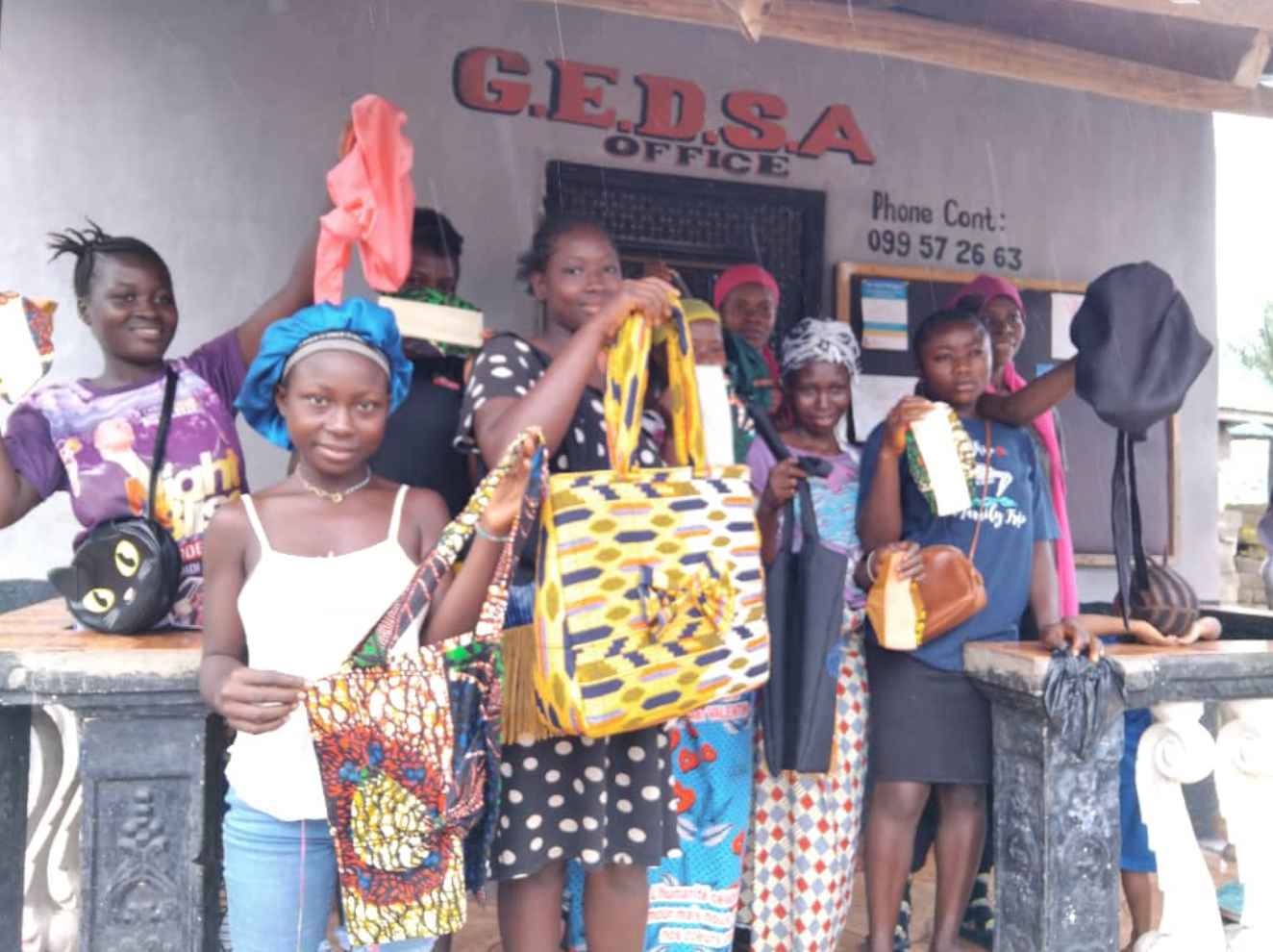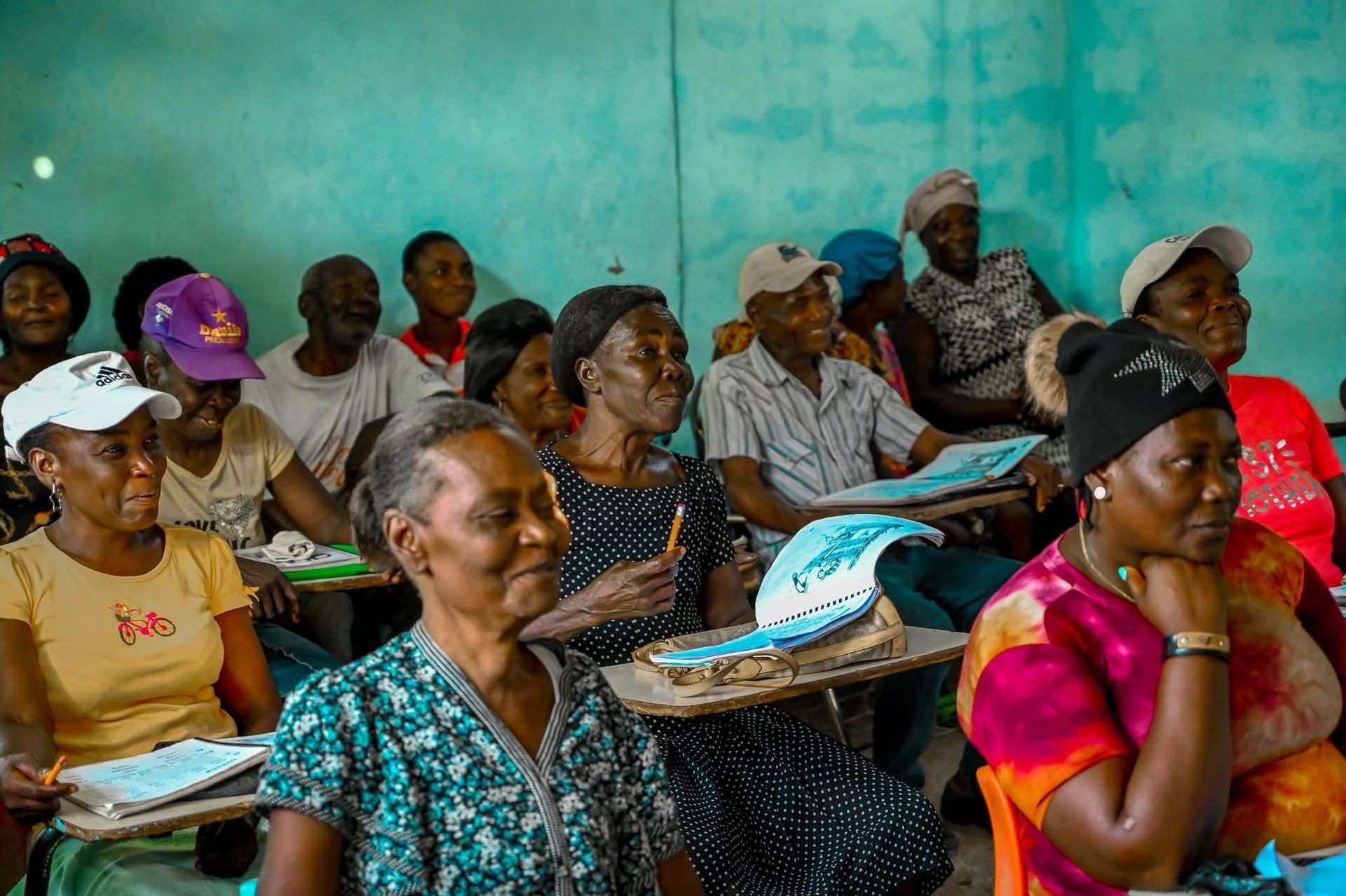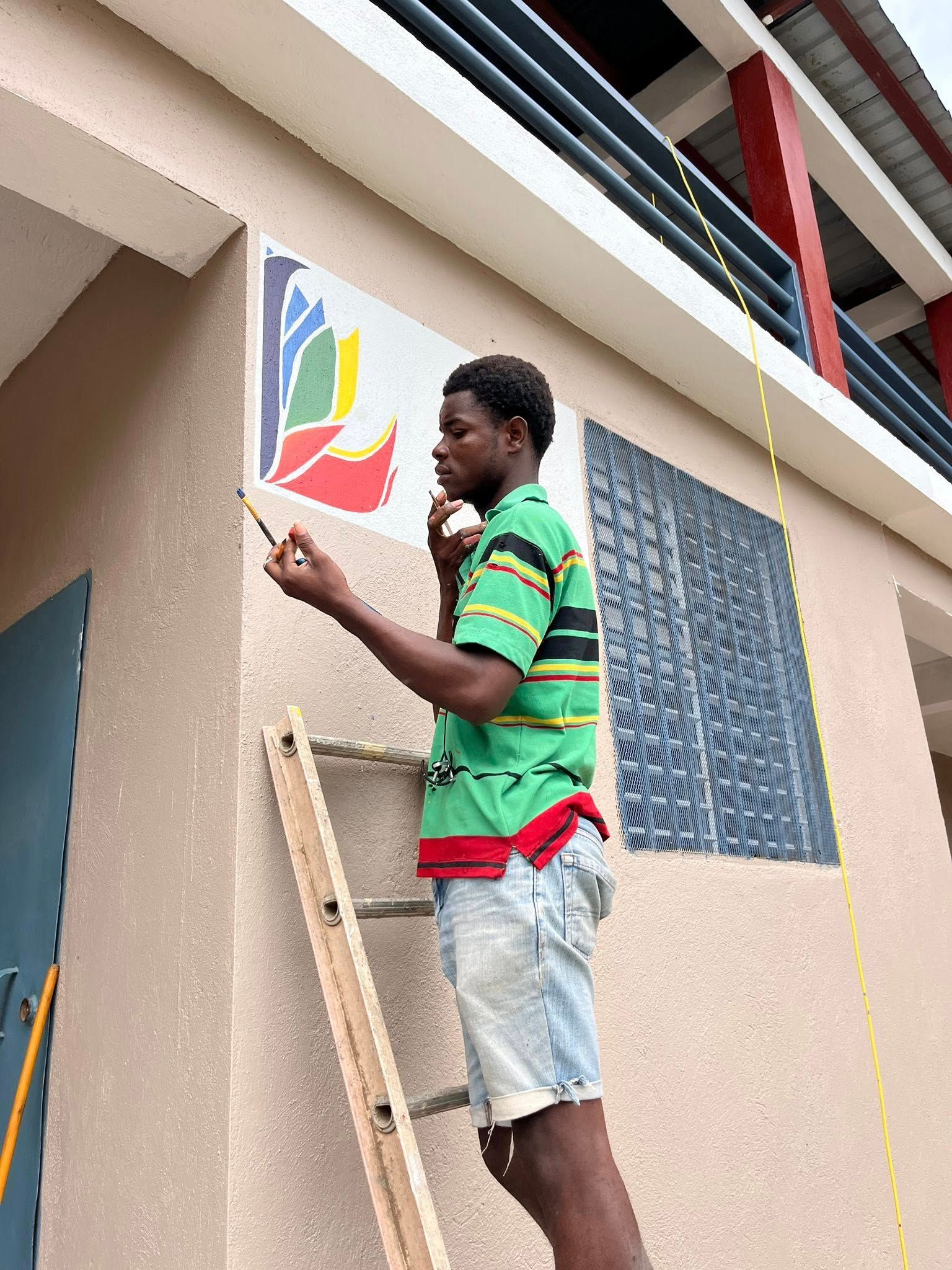Education in Emergencies: Securing the future of SDG4 amidst global crises
We have just six years left to deliver on the 2030 agenda for sustainable development, including SDG4. But in recent years, the world has witnessed sudden disruptions depriving millions of children of their learning opportunities. Whether due to conflict, climate change or COVID-19, 224 million school-aged children(1) globally urgently need educational support due to crises. When emergencies hit, leaders and decision makers are faced with an overwhelming number of competing needs that can often obscure the life-saving, and life-protecting nature of education, and remains one of the least funded humanitarian areas. Protection and prioritisation of education in emergencies is essential to advance education for sustainable development and the realisation of SDG4.
There is a record need for international support at a time when emergencies such as the wars in Ukraine, Gaza and Sudan, and climate emergencies, such as those recovering from severe tropical storm Cyclone Freddy in South and East Africa, are having huge impacts on education. These challenges are exacerbated by inadequate preparedness to address hazards. Emergencies can also deepen existing inequalities, disproportionately affecting those who are most marginalised and experiencing multiple, intersecting and complex challenges such as gender discrimination, poverty, disability, or displacement. These children are most likely to be excluded from education before, during and after an emergency occurs.(2)
Despite the scale of the challenges, progress is within reach. By prioritising inclusive and resilient education systems, investing in preparedness and honouring commitments to protect children’s learning during emergencies, we can pave the way for sustainable development. As the UK and the international community confront the unprecedented scale of threats facing children’s education, now is the time to act decisively and ensure that every child, no matter their circumstances, has the opportunity to learn and thrive.
Send My Friend to School (SMFTS) is the UK civil society coalition of international development NGOs, teachers’ unions and charities, bringing together young people, politicians, teachers, civil society and the media in joint campaigning to demand a quality, inclusive education for all children across the globe. We are part of the wider Global Campaign for Education (GCE) movement, based in almost 100 countries around the world.(3) This year, the Let My Friends Learn campaign(4) urges the UK Government to ensure that every child, everywhere has their learning protected during emergencies: key to a sustainable future.
Send My Friend to School Campaign Champion, Jess (14) from Croxley Danes School states: “We need to hold the government to account to make sure they fulfil their promises, and ensure that no child is denied the right to an education because of emergencies. We need our leaders to speak out and support other countries- as they should not have to face these challenges alone”.
We are asking the UK government to take action from the UK on the following areas to ensure that no child is denied the right to education in times of emergencies:
- PREPARE: Strengthen preparedness and anticipatory action in education systems.
- PROTECT: Ensure children are safe, protected and learning during an emergency.
- INVEST: Rapidly scale up financing for Education in Emergencies and global education resilience strengthening.
- ACT: Provide global leadership to protect children’s right to education in emergencies.
As the clock ticks towards the 2030 agenda, the urgency is clear. We need to act now to secure the future of every child’s education, ensuring they have the opportunity to learn, thrive, and build a sustainable future.
Bigraphy
Bekah is the Campaign Manager at Send My Friend to School, the UK’s coalition of INGOs, charities, teachers unions, young people, politicians and the media who come together to campaign for the right of every child in the world to access a quality and inclusive education. Bekah worked previously as a secondary school English teacher, before moving into programme management and refugee campaigning in the UK and Greece. She holds a Masters degree in Education, Gender and International Development from the Institute of Education at UCL. Bekah has a particular interest in meaningful youth participation in policy and campaigning.
(1)https://www.educationcannotwait.org/news-stories/press-releases/number-crisisimpacted-children-in-need-education-support-rises
(2)https://sendmyfriend.org/wp-content/uploads/2023/03/Let-My-Friends-Learn-EiEpolicy-report.pdf
(3)https://campaignforeducation.org/en/
(4)https://sendmyfriend.org/wp-content/uploads/2023/03/Let-My-Friends-Learn-EiEpolicy-report.pdf




